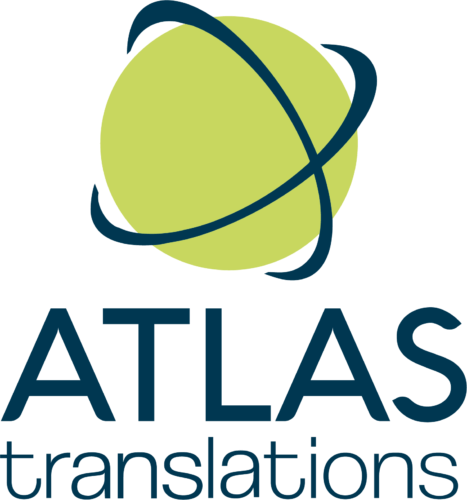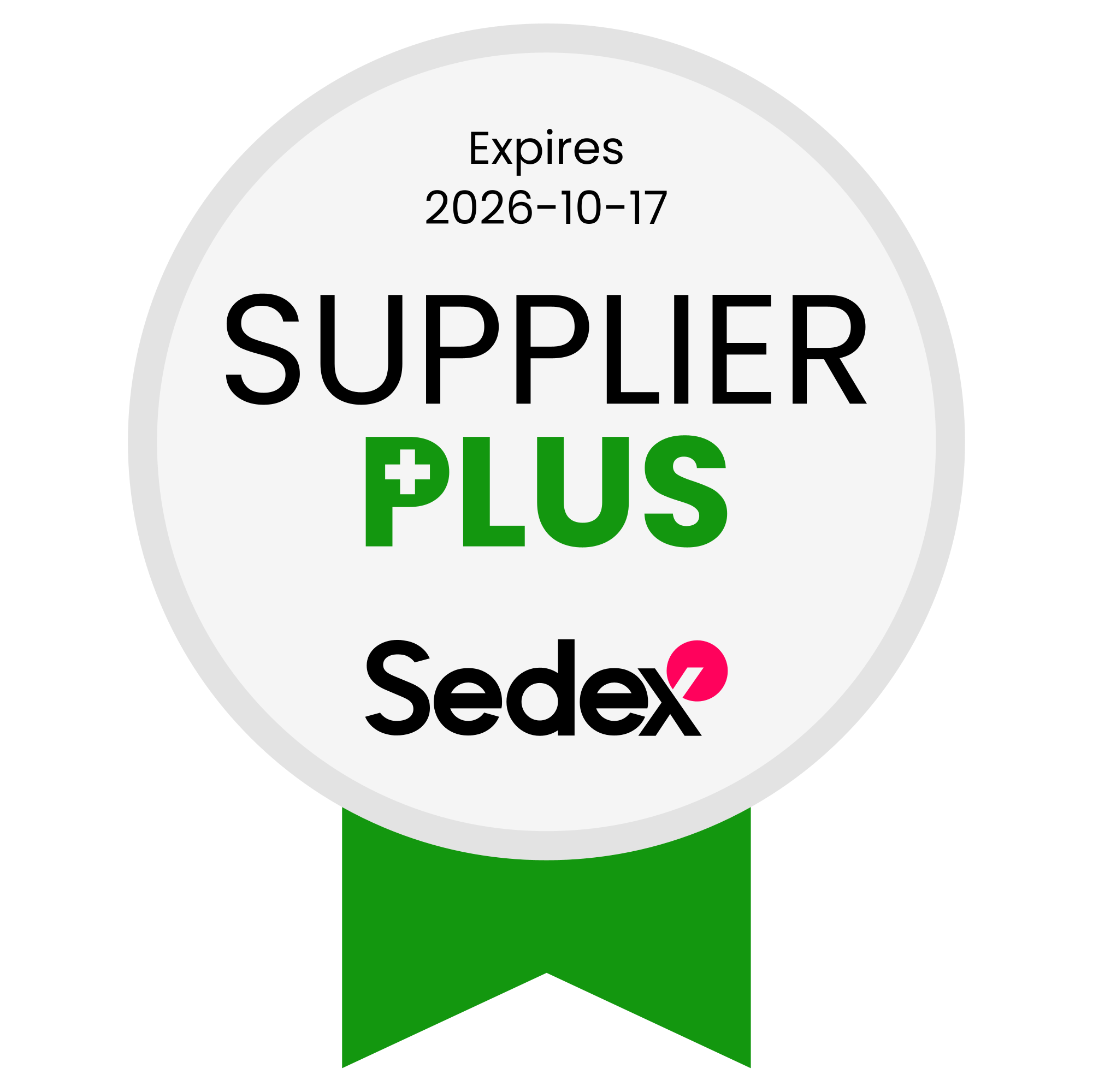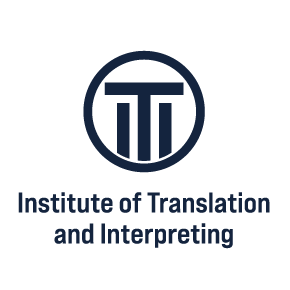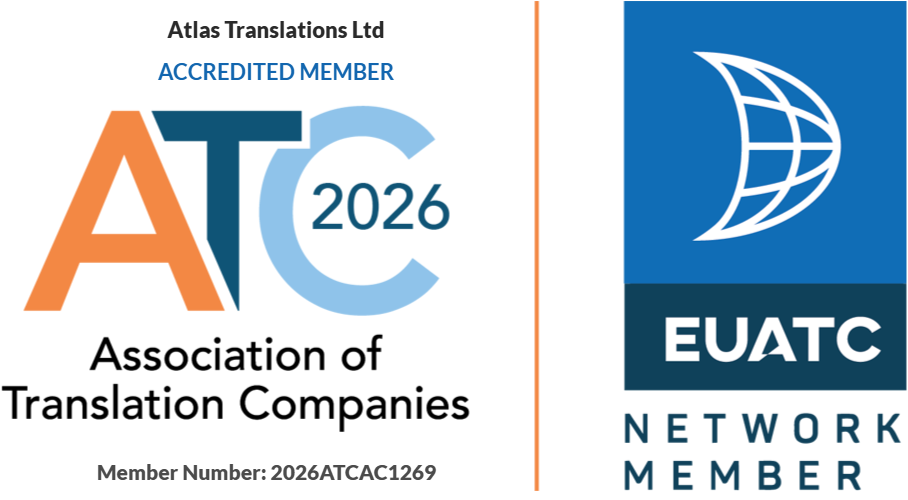False Health Information in the UK: Red Flags for Healthcare Providers
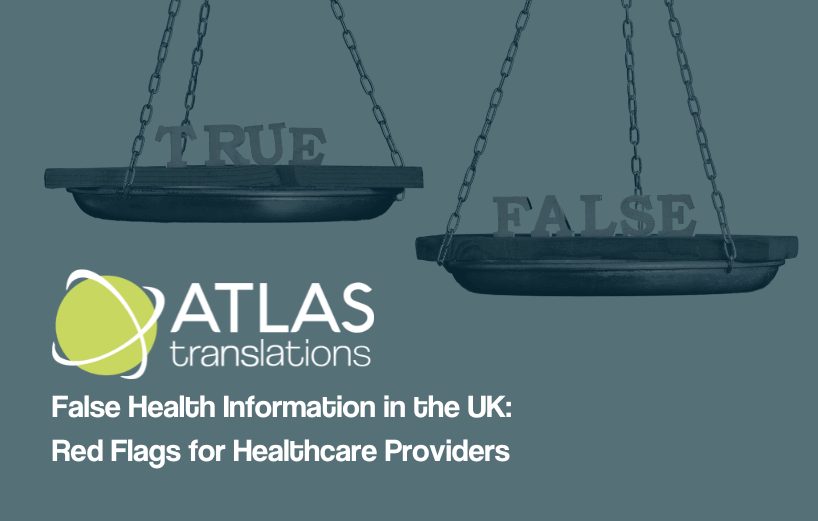
False health information blows through the nuisance barrier and heads straight into the danger zone. It’s more than a risk; it can quite literally be a hazard. Whether it’s shared in a WhatsApp group, whispered in a waiting room, or published online by an “expert,” 🙄 misleading health claims can quietly undermine trust, delay treatment, and, in some cases, cause real harm.
For organisations operating across the UK’s health and medical sectors, the question isn’t whether misinformation exists; it’s how to spot it and stop it.
What do you need help with today? Call us on +44 (0)1727 812 725 or email us at team@atlas-translations.co.uk – we’re only a call, chat, or email away, and we’re always eager to help!
The following information was inspired by a downloadable resource produced by the Patient Information Forum (PIF), which outlines common types of false health information and the warning signs to look out for.
What Counts as False Health Information?
Let’s start with the basics. Not all false information is shared with bad intentions.
- Misinformation is incorrect or misleading content shared by someone who genuinely believes it’s true.
- Disinformation, on the other hand, is deliberately false content created to deceive or manipulate.
Both can influence public behaviour and patient choices. And both are increasingly amplified by social media, personal blogs, and, more recently, AI-generated answers that sound confident but may not be correct.
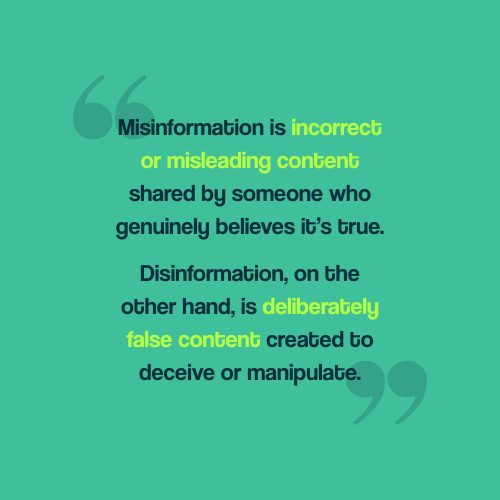
🚩 Five Red Flags to Watch Out For
Knowing the warning signs can help your team critically assess the information you’re producing, publishing, or passing on. Here’s what to look for:
1. “Miracle Cure” or “Wonder Drug” Claims
Any content that promises fast, sweeping health results without citing clinical evidence should set off alarm bells. Words like “miracle” and “breakthrough” often disguise the absence of substance.
As the old saying goes, “If it sounds too good to be true, it probably is.” Trust us, we know it’s super annoying, but unfortunately, it’s true.
2. No References, No Responsibility
Accurate medical communication leans on trusted sources. If a piece of content doesn’t link to or mention where its data comes from, it’s worth questioning why. Encourage your marketing and comms teams to fact-check against sources like NICE, NHS.uk, and GOV.UK.
Peer-reviewed journals such as the British Medical Bulletin from Oxford Academic are also a fantastic source of neutral information.
3. One-Sided Narratives and Hidden Agendas
When a claim only presents one viewpoint or conveniently skips other viewpoints or evidence, it’s worth looking at the bigger picture. Is the author trying to sell something? Are they pushing a particular therapy or lifestyle brand?
Biased content often masks itself as balanced, and a quick check of the author’s affiliations can be revealing.
4. Anecdotes in Place of Evidence
Anecdotal stories might tug at the heartstrings, but they don’t replace clinical guidance. Patient experiences vary widely. What worked (or didn’t) for one person may have nothing to do with what’s right for someone else.
These stories are useful for connection, not conclusion.
5. AI-Generated Answers
While AI tools can help summarise or explain information, they’re no substitute for verified sources. Responses generated by AI platforms can include a mix of correct, outdated, and completely inaccurate details, especially when trained on open web data.
Treat AI outputs as drafts, not definitive answers.
Why This Matters to Healthcare Providers
False information doesn’t stay online. It walks into surgeries, hospitals, clinics, and helplines every day, brought in by patients, families, and even staff. It can result in:
- Misunderstood diagnoses or treatment plans
- Public resistance to vaccines or evidence-based therapies
- Poor health outcomes due to delayed or rejected care
The public relies on healthcare providers to provide reliable and accurate guidance. But trust can erode quickly if people receive conflicting messages, especially when those messages are from an “expert” or are emotionally persuasive.
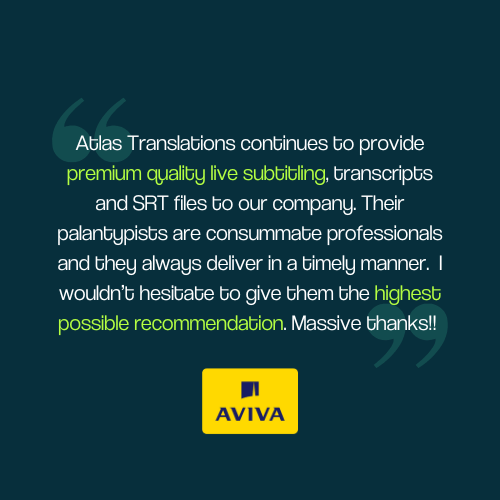
What Organisations Can Do
For teams in the business of communicating health information (think websites, social media, patient leaflets, or internal updates), here are a few ways to tighten your review process:
- Always check the source because if there’s no citation, it’s just an opinion.
- Cross-reference claims, especially those that seem bold, urgent, or emotional.
- Use plain, jargon-free language for messaging that builds trust and reduces the risk of misinterpretation.
- Create an internal checklist to make sure nothing slips through the cracks during your QA/QC process; useful for individuals or teams tasked with public-facing content.
- Provide staff training, as not everyone knows how to spot bias or poor-quality data.
And most importantly, pause before sharing. A moment of caution can prevent weeks of confusion.
How Atlas Translations Can Help You Avoid False Healthcare Information
At Atlas Translations, we work with expert translators who are carefully screened and bring sector-specific experience in healthcare and medicine to the linguistic table.
It’s one of the ways we help organisations communicate clearly and responsibly—helping you build confidence in your brand, your messaging and your work in the UK healthcare industry.
It’s a Wrap!
False health information can look slick, sound convincing, and spread fast. But behind every “miracle cure” or unreferenced claim is often a mix of bias, error, or worse.
For UK healthcare providers and organisations, vigilance isn’t optional; it’s part of the job.
Contact Us
We’d love for you to contact Atlas Translations! We’re always here for a chat or to answer questions!
Call us on +44 (0)1727 812 725 or email us at team@atlas-translations.co.uk to let us know what you need. We respond quickly to all enquiries!
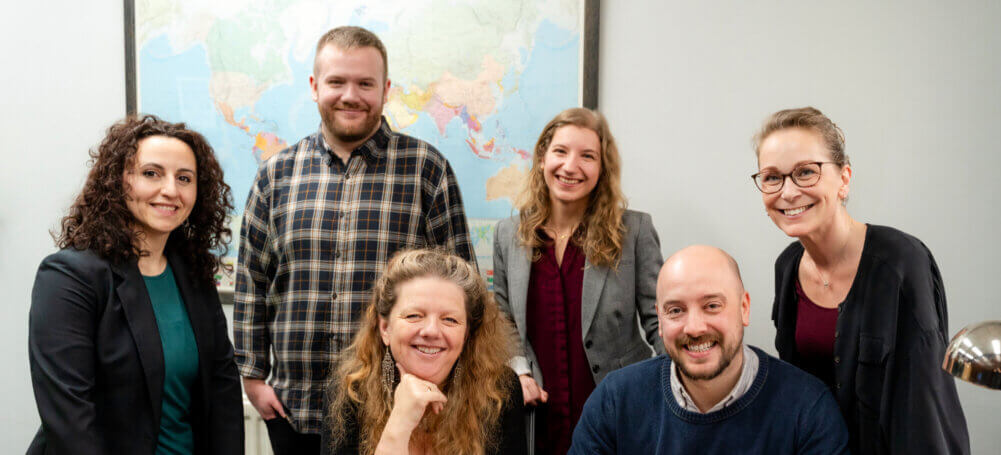
If you’d like to meet us face-to-face, learn more about our translation and language services, or deliver documents, please email or call us ahead of time to arrange a meeting.
Use the Live Chat option during UK working hours to ask any questions you may have. You’ll chat with a real, live human—we’re a bot-free zone! Click the little icon at the bottom right of your screen to begin chatting with us.
If you need a quick quote, we have a handy GET A QUOTE button located at the top of our website, where you can get an estimate for your needs.
Can I Trust Atlas Translations?
Absolutely, you can! But if you’re after something with a little more “facts and figures”, here’s some info:
Atlas Translations holds two ISO certifications: ISO 9001:2015 (Quality Management) and ISO 17100:2017 (Translation Services).
If the project is highly confidential, we can sign a non-disclosure agreement (NDA) for added peace of mind.
Are we up to date on privacy? Well, thank you for asking, and yes, we are! We registered with the Information Commissioner’s Office (ICO) over 20 years ago and have always placed a high importance on data protection.
You can read more about our commitment to quality here.
Atlas Translations takes pride in providing fast, friendly, and high-quality language services. But you don’t have to take our word for it. Click to read what our clients are saying about us.
We’re also on TrustPilot, and you can read our reviews here.
Global Voice, Local Touch
If you’re looking for some top tips for partnering with Atlas Translations, we have some top tips to share! We answer 25 of our clients’ most frequently asked questions, ranging from typesetting queries to discussing reference materials.
Click to download Global Voice, Local Touch
